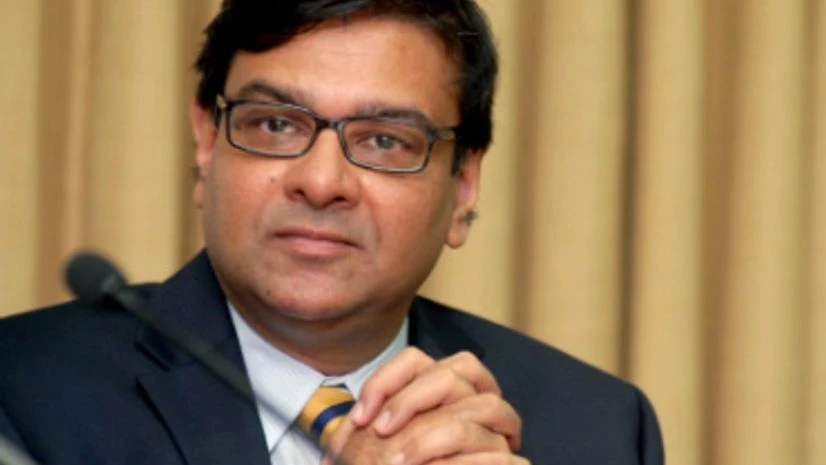The government today reappointed Urjit Patel as the deputy governor of Reserve Bank of India for a three-year term, ensuring continuity for the team spearheading the country's monetary policy under Governor Raghuram Rajan.
Patel, a close confidante of Rajan for shaping and implementing monetary policy, was earlier appointed as deputy governor for a period of three years from January 11, 2013, RBI said in statement.
Patel is the fourth deputy governor, the other three being H R Khan, R Gandhi and S S Mundra.
More From This Section
The strategy was accepted by Rajan, with the government's backing, in an overhaul of the monetary policy, which is one of the most significant moves by RBI since India liberalised its economy in 1991.
The same panel also recommended the creation of a panel to set interest rates, currently solely decided by the RBI governor, and spinning off the RBI's management of government debt to an independent public agency. These recommendations are now being discussed by the government and the central bank.
Prior to his appointment as the deputy governor at RBI in 2013, Patel was advisor (energy & infrastructure) with Boston Consulting Group.
Patel, born on October 28, 1963, received his doctorate in economics from Yale University in 1990) and M Phil from Oxford (1986).
He has worked with the International Monetary Fund (IMF) between 1990 and 1995 covering the US, India, Bahamas and Myanmar desks. He was on deputation (1996-1997) from the IMF to the RBI and provided advice on development of the debt market, banking sector reforms, pension fund reforms, real exchange rate targeting and evolution of the foreign exchange market.
After his stint at the central bank, he continued his India engagement as a consultant (1998-2001) to the Department of Economic Affairs in the finance ministry.
He has also worked in the private sector with assignments such as president (business development) at Reliance Industries and executive director and member of the management committee, Infrastructure Development Finance Company (IDFC).
Between 2000 and 2004, Patel worked closely with several central and state government high level panels, such as, Task Force on Direct Taxes, Advisory Committee (on Research Projects and Market Studies), and Competition Commission of India. He was part of Ministry of Power’s Expert Group on State Electricity Boards and High Level Expert Group for Reviewing the Civil & Defence Services Pension System, Government of India.

)
